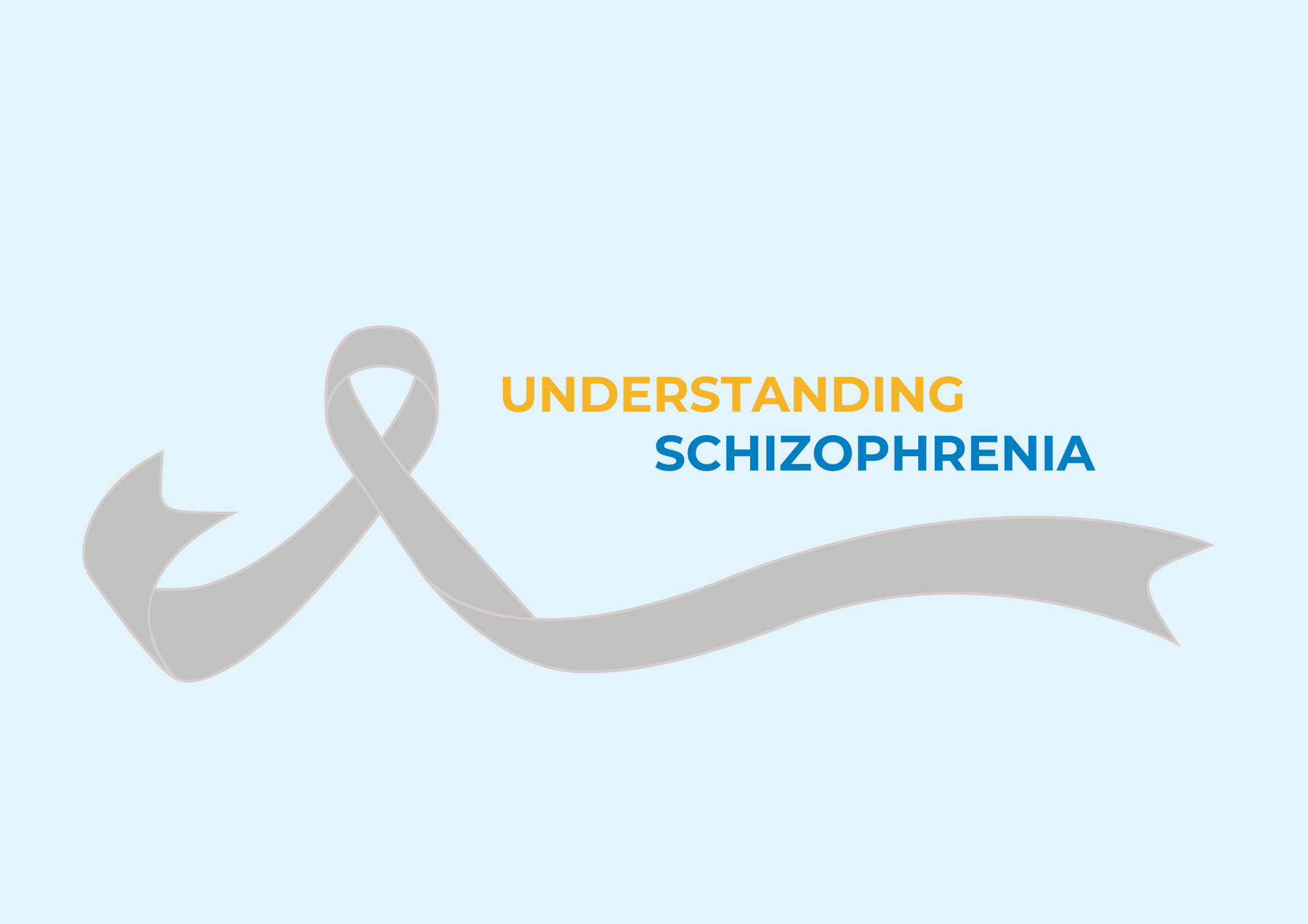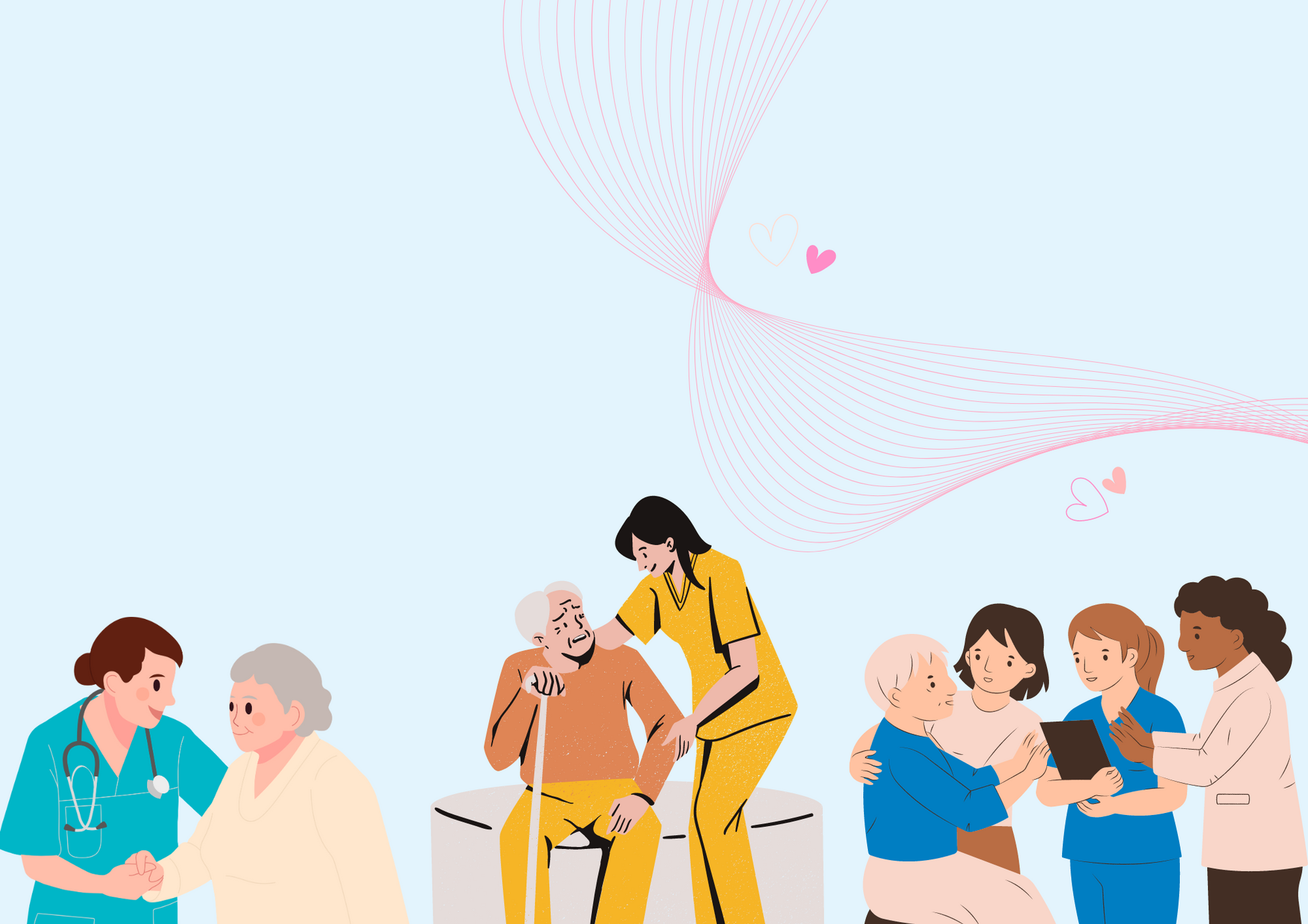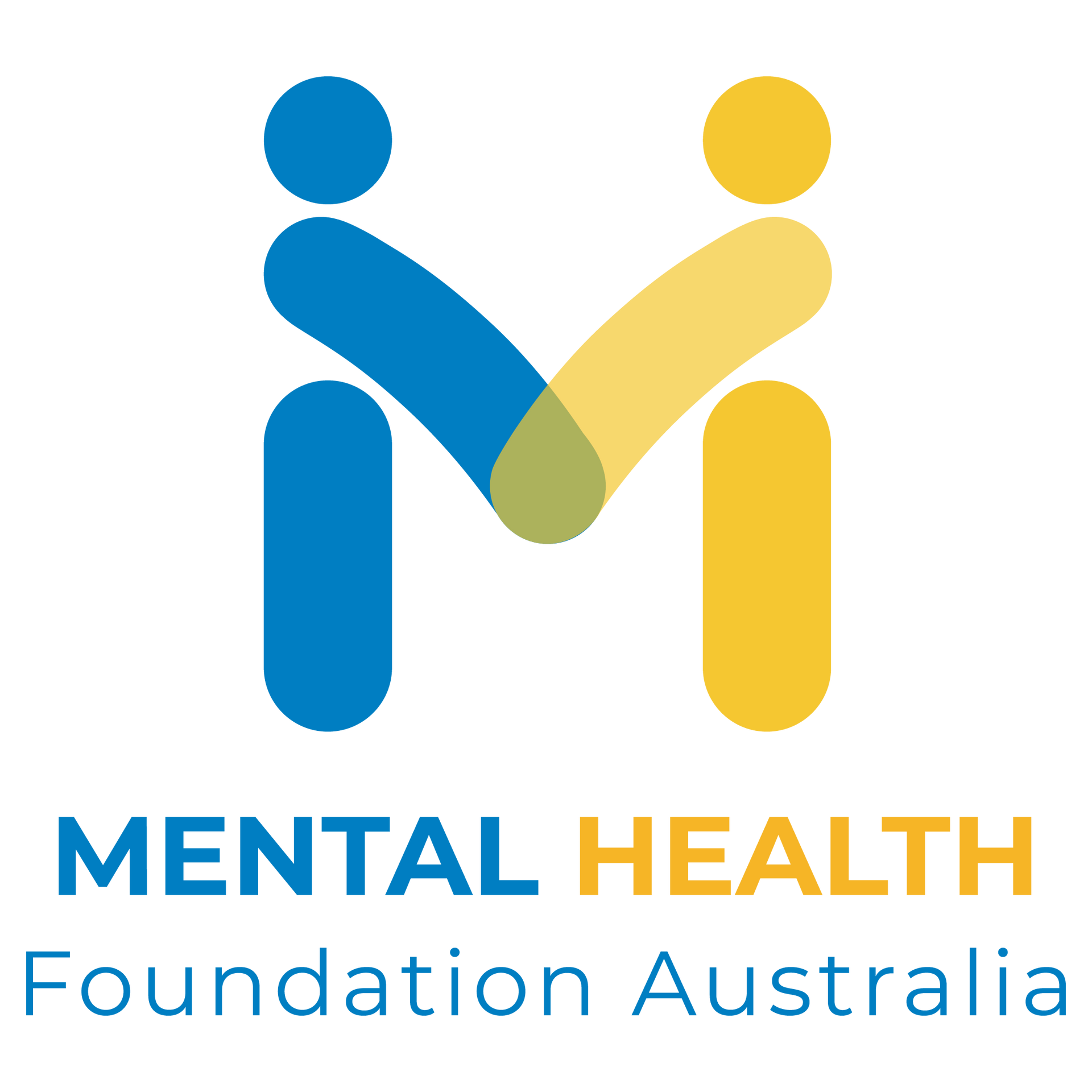Get in touch with us: (03) 8825 3500 / 1300 643 287
Helping a friend, family member or loved one after a traumatic event
Jun 19, 2023
Dr Ros Lethbridge, Senior Clinical Specialist, Phoenix Australia – the Australian National Centre of Excellence in Posttraumatic Mental Health, University of Melbourne
Last year for PTSD Awareness Day I wrote an article discussing how people can develop posttraumatic stress disorder (PTSD), its signs and symptoms, and effective treatments. If you missed it last year, that article is linked
here. This year I thought it might be helpful to consider how you can support a friend, family member, or loved one after they have experienced a traumatic event.
Traumatic events involve situations that are either life-threatening or have the potential for serious injury, such as physical or sexual assault, disaster, war or a serious accident.
Most people will experience at least one of these types of events during their lives. After a traumatic event, many people experience strong feelings of fear, sadness, guilt, anger, or grief. They might find it hard to cope and it might take a while to come to terms with what has happened. These feelings will usually become less intense after a few weeks. The support of family and friends is particularly important during this time. This article will provide you with some ideas of things you can do to help.
Provide Practical Support
After someone has been through a traumatic experience, re-establishing a normal routine can help to restore a sense of order and control in their life. Some of the ways you can help them return to their normal routine include:
- Recognise that they have been through an extremely stressful event and may need time and space to deal with it. You can help them to find that time and space by providing practical support, such as offering to take care of the kids or do the weekly shopping.
- Encourage them to limit their exposure to media coverage of the event. You might offer to keep track of the news and inform them of new or important information so that they don’t feel the need to monitor it continuously.
- Encourage them to look after themselves by getting plenty of rest, eating well, exercising regularly, making time for relaxation and cutting back on coffee, cigarettes, drugs, and alcohol.
- Join them in doing enjoyable things and encourage them to plan to do at least one enjoyable thing each day. You may need to help the person come up with ideas of things they can do, for example, ask what activities they used to enjoy before the traumatic event.
- Acknowledge their achievements. Sometimes it’s hard to see that things are improving, and the person may need you to point out when they have achieved a goal, no matter how small.
- Encourage them to seek professional help if they are still finding it hard to cope more than two weeks after the traumatic event. Their GP is a good first point of contact.
Provide Emotional Support
Your friend, family member or loved one may or may not want to talk about their experience or feelings. If they do want to talk, the following tips may be helpful:
- Choose a time to talk when you won’t be interrupted, or feel rushed or tired.
- Provide reassurance that distress is to be expected after an experience like theirs.
- Understand that talking about trauma can be painful and the person may get upset. This is a natural part of coming to terms with their experience. Don’t feel that you have to make their distress go away.
- Make another time to talk if it seems like the person is too distressed to continue.
Listening is very important, but it can sometimes be hard to know what to say. Don’t worry about saying ‘the right thing’. There is no right thing to say, but here are a few pointers:
- Try to put yourself in their shoes, don’t interrupt or offer examples from your own life, or talk about yourself.
- Avoid offering simple reassurances such as, “I know how you feel” or “You’ll be OK”.
- Acknowledge their distress with statements like, “It’s really tough to go through something like this”
- Show that you understand by re-phrasing the information they give you. Try starting with something like, “You seem really…”, “It sounds like…”, “Did I understand right that you…”, “No wonder you feel…”
If they don’t want to talk, you can still show your support by spending time with them, talking about other things, and doing practical things to help. Let them be alone for a while if that’s what they want, but encourage them to have company for some time each day. Social connection is important for recovery.
And of course, don’t forget to look after yourself! Looking after friends, family and loved ones impacted by trauma can be stressful and tiring, and you may need to consider taking time to look after your own health and wellbeing.
Useful resources
The Australian Guidelines for the Prevention and Treatment of Acute Stress Disorder, PTSD and Complex PTSD provide evidence-based recommendations that promote recovery following trauma, as well as effective treatment options for people who develop PTSD and other posttraumatic mental health conditions. A helpful summary of the recommended psychological treatments that have found to be effective to treat people with PTSD can be found here.
If you are interested in training in supporting people to recover from psychological trauma, Phoenix Australia offers a practical Psychological First Aid course.

17 May, 2024
What is schizophrenia? Schizophrenia is a mental health condition that alters one's perception of reality, often leading to disorganised thinking, delusions and hallucinations such as hearing voices. Approximately 1 in every 100 Australians are affected by schizophrenia. Typically, schizophrenia emerges during late adolescence, teens or early adulthood, but it can also start later in life. Schizophrenia is generally more common in men than women with men tending to present symptoms earlier. What are some of the risk factors? In early life, some of the risk factors can be attributed to: Genetic vulnerability – family history of psychotic disorder Birth or pregnancy complications Developmental delay Traumatic experiences (e.g. abuse or neglect) Whereas in late childhood or adolescence, risk factors such those listed below can impact on a young Australians mental health. Substance use Psychosocial stress Migration Cognitive impairments Mild psychotic symptoms Symptoms: T he symptoms of schizophrenia are categorised into two types of symptoms: positive and negative. Positive symptoms reflect an excess or a distortion of normal functions in the form of delusion, hallucinations, and disorganised behaviour. On the other hand, negative symptoms refers to a diminution or an absence of normal behaviour related to motivations and interests or expressions (Correll and Schooler 2020). Some positive symptoms include but are not limited to: Positive symptoms refer to extra experiences that go beyond normal perceptions and indicate psychosis. Psychosis – psychosis is a primary symptom of schizophrenia and is characterised by a loss of touch with reality. During a psychotic episode, individuals struggle to distinguish between what is real or not. Delusions and hallucinations are two key symptoms associated with psychosis. Delusions – delusions refer to having abnormal or unfounded beliefs that may or not align with reality such as delusions of persecution, guilt or grandiosity. Hallucinations – hallucinations involve perceiving sensory experiences - such as hearing, seeing, tasting, feeling or smelling - that are not actually present but are perceived to be real. Negative symptoms Disorganised speech Trouble with thinking Lack of emotion and motivation What causes schizophrenia? The exact causes of schizophrenia are currently unknown. Currently, research suggests that while the general population has a 1 in 500 chance of developing schizophrenia, individuals with a family member affected by the disorder face a significantly higher risk, with a 1 in 10 chance. However, there isn't a single gene responsible for schizophrenia. A combination of genes likely contributes to susceptibility, and additional factors may play a role, as evidenced by cases where individuals without a family history still develop the disorder. Although, factors such as stress, substance use, trauma and prenatal malnutrition can also heighten the risk of developing schizophrenia. Some of treatments that can help with schizophrenia include: Treatment for schizophrenia typically involves a combination of medication, therapy, and support services tailored to individual needs. Medications - Antipsychotic medications can help with the psychotic (positive) symptoms of schizophrenia such as hallucinations, delusions, and disordered thinking. These medications work by targeting neurotransmitter imbalances in the brain, helping to alleviate symptoms and prevent relapses. Therapy - Therapy, which can include CBT, is an important part of treatment. Cognitive-Behavioral therapy (CBT) can help individuals manage symptoms, cope with stressors, and improve social functioning. Family support - It’s important that family members learn about schizophrenia and how to support their loved one. Family therapy may also be beneficial, involving loved ones in the treatment process to enhance support networks and improve communication. Social support - Similar to psychosis, people with schizophrenia can benefit from social support services. Psychosocial interventions, such as vocational training, housing assistance, and peer support groups, aim to address various aspects of daily living affected by schizophrenia and promote recovery. References Correll C U and Schooler N R (2020) Negative Symptoms in Schizophrenia: A Review and Clinical Guide for Recognition, Assessment, and Treatment. Neuropsychiatric disease and treatment, 16, 519–534. https://doi.org/10.2147/NDT.S225643 By Bella Korotcoff and Julia Tsang

By Nithya Viswanathan
•
10 May, 2024
After her friend died, Vicki says she continued to ‘jump into action’ every time someone close to her needed help. That’s when she confessed to compassion fatigue. She felt “weighed down, tired and sad”, she said after taking care of so many loved ones.” “Finally, she rightfully asked herself, “How much more could I do without getting even more tired and sad?”.

07 Apr, 2024
The mind-body connection is the interconnection between your mental and physical well-being. It is a two-way relationship where the mind influences the body; the body influences the mind. For example, we were all told how physical exercise reduces symptoms of depression and anxiety. The reason behind that is that the brain releases chemicals (endorphins and serotonin) known to improve the mood and reduce stress.
By strengthening the connection between the mind and body through a holistic perspective, you can start prioritising your health.
About
Programs
Get Involved
News

The Mental Health Foundation Australia acknowledges the traditional owners of country throughout Australia and their continuing connection to land, sea and community. We pay our respects to them and their cultures and to their elders both past and present.
© 2024
All Rights Reserved | Mental Health Foundation Australia | Registered PBI with ACNC. Charity ABN 81 006 003 363

